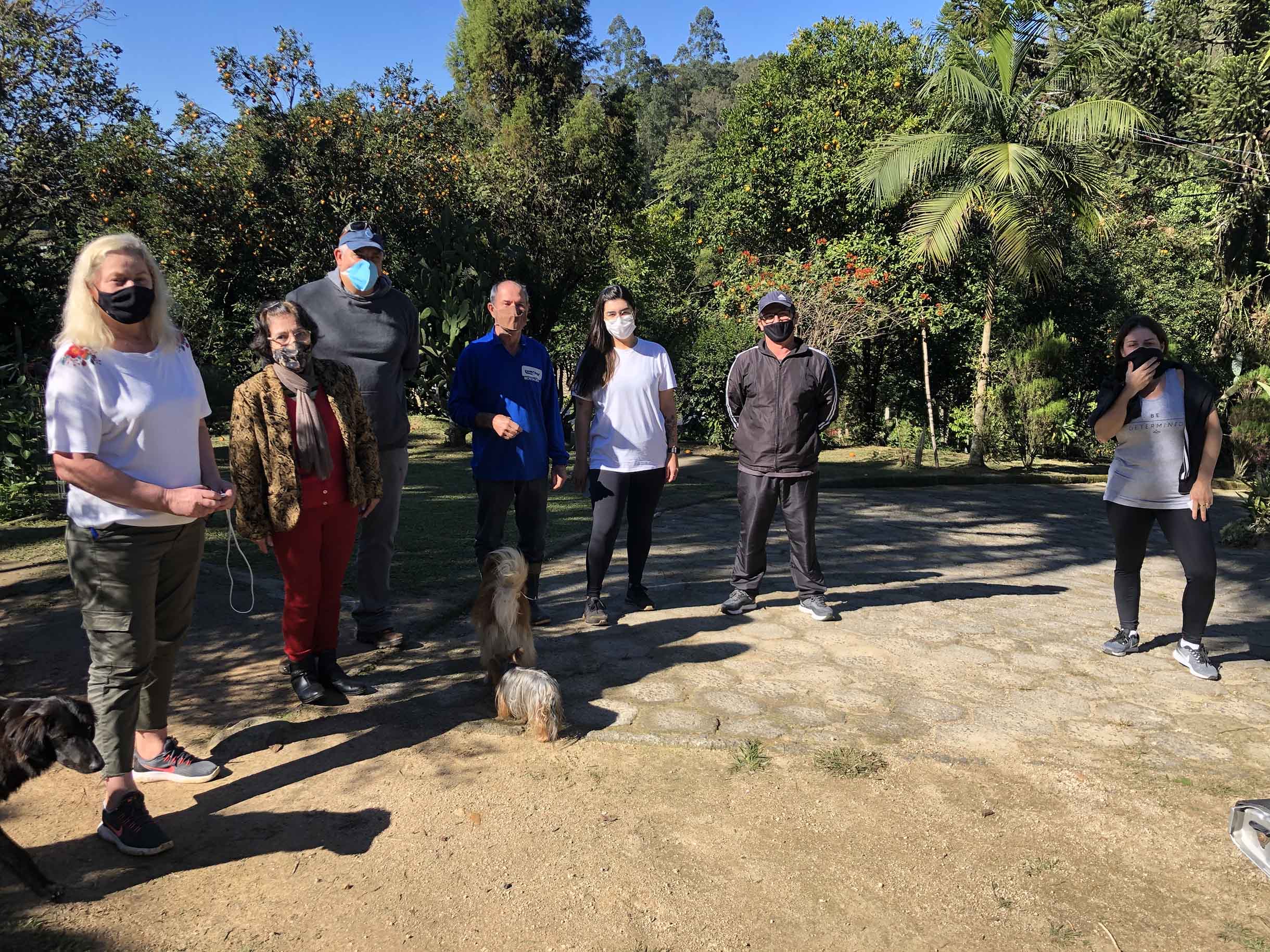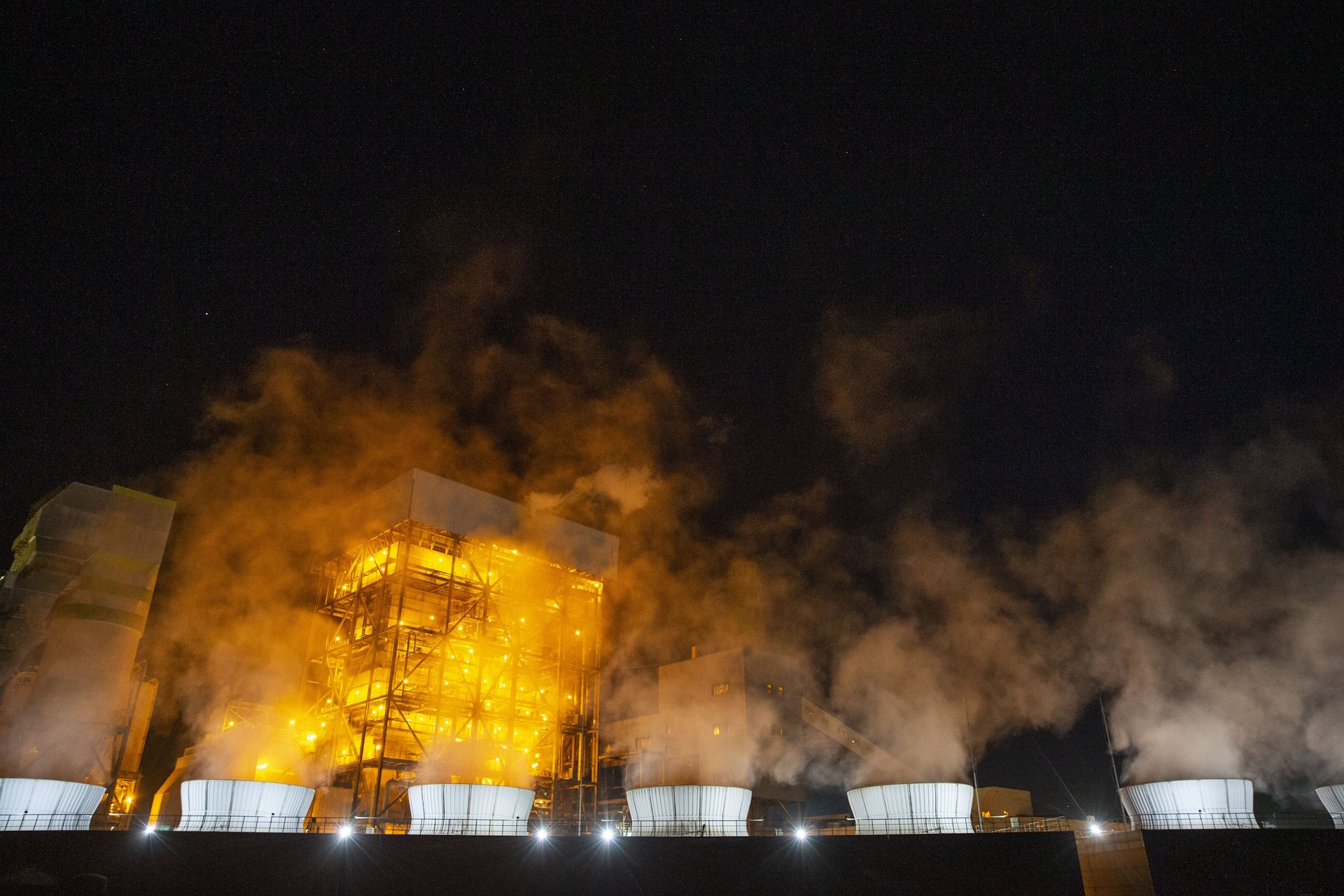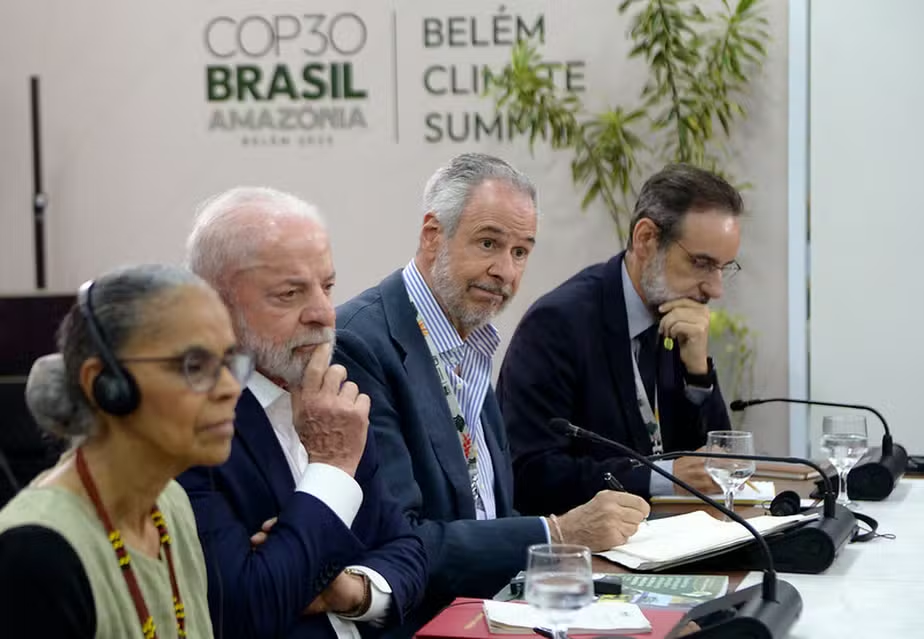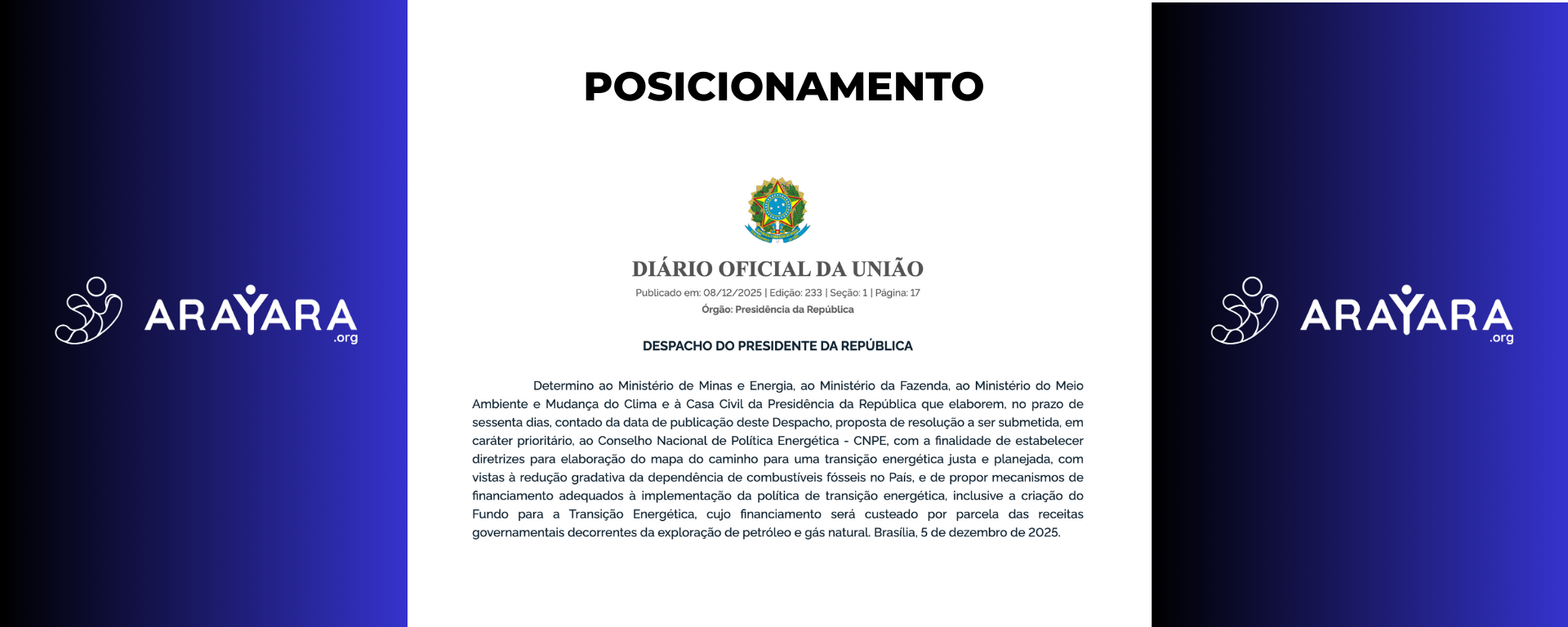CANDIOTA, RS – The city of Candiota, in the state of Rio Grande do Sul, has become the epicenter of a training event initiated by the renowned Arayara Institute. With a sharp focus on the urgency of the energy transition, this innovative initiative united three changing segments of society – teachers, local communities and young people – galvanizing efforts to experiment with a sustainable energy revolution in the region.
Revolutionizing the Energy Approach in Candiota
Candiota, historically associated with the inheritance of coal for energy, is now faced with the imperative need for a drastic change in its energy matrix. Awareness of the socio-environmental impacts of dependence on fossil fuels has prompted the Arayara Institute to lead a training effort aimed at the local community.
The training program for teachers is a determining factor in this approval. Educators play a key role in shaping future prospects. Equipped with classified information on renewable energy sources, energy efficiency and the transition to energy alternatives, these teachers are ready to incorporate this understanding into their curricula, positively influencing the next generation.
The approach is not limited to the school environment. The Arayara Institute’s initiative extends to the local community, enabling constructive dialog about the energy transition. Through interactive workshops, citizens are empowered to contribute their perspectives and, at the same time, adopt everyday practices that reduce energy consumption.
Youth involvement plays a crucial role in this scenario. Specific training for young people encourages them to lead this change. Through visits to renewable energy projects and practical project planning workshops, these young people are trained to become active leaders, driving change in their schools and neighborhoods.
The effects of the Arayara Institute’s foray into Candiota cannot be underestimated. With more engaged teachers, more aware communities and emerging young leaders, the city is on the threshold of a tangible and sustainable energy revolution. The event marks the beginning of an ongoing journey towards a greener and fairer energy future.
The Arayara Institute’s expedition in Candiota is a testament to society’s ability to mobilize and empower itself for the energy transition. By empowering teachers, communities and young people, an initiative not only spread knowledge, but also laid the foundations for real transformation. In a world that yearns for ecological energy alternatives, the Candiota expedition stands out as a beacon of hope and change, aiming for a horizon where clean and fair energy is the norm.
















